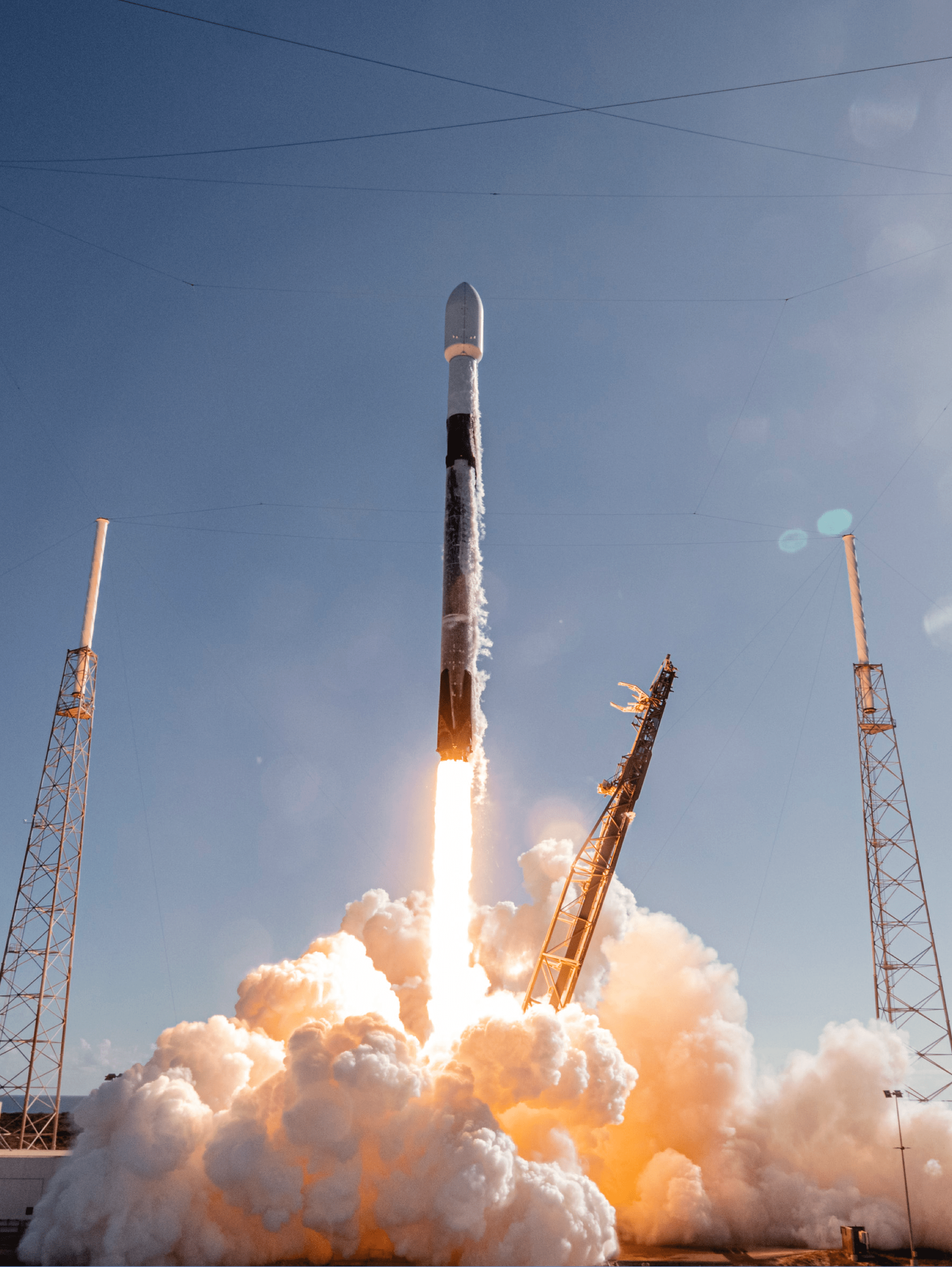- Solutions
- Products:
- Nanosatellites
- Satellite Ground Station
- Devices:
- Satellite IoT Device & Gateway
- Industries
Do you need
a remote IoT Solution? - SatIoT Beta
- About FOSSA
Do you need
a remote IoT Solution?- Overview:
- Who We Are
- History
- Team
- Work With Us
- Media:
- Press
- Blog
- Investors
- Sustainability
- Contact



